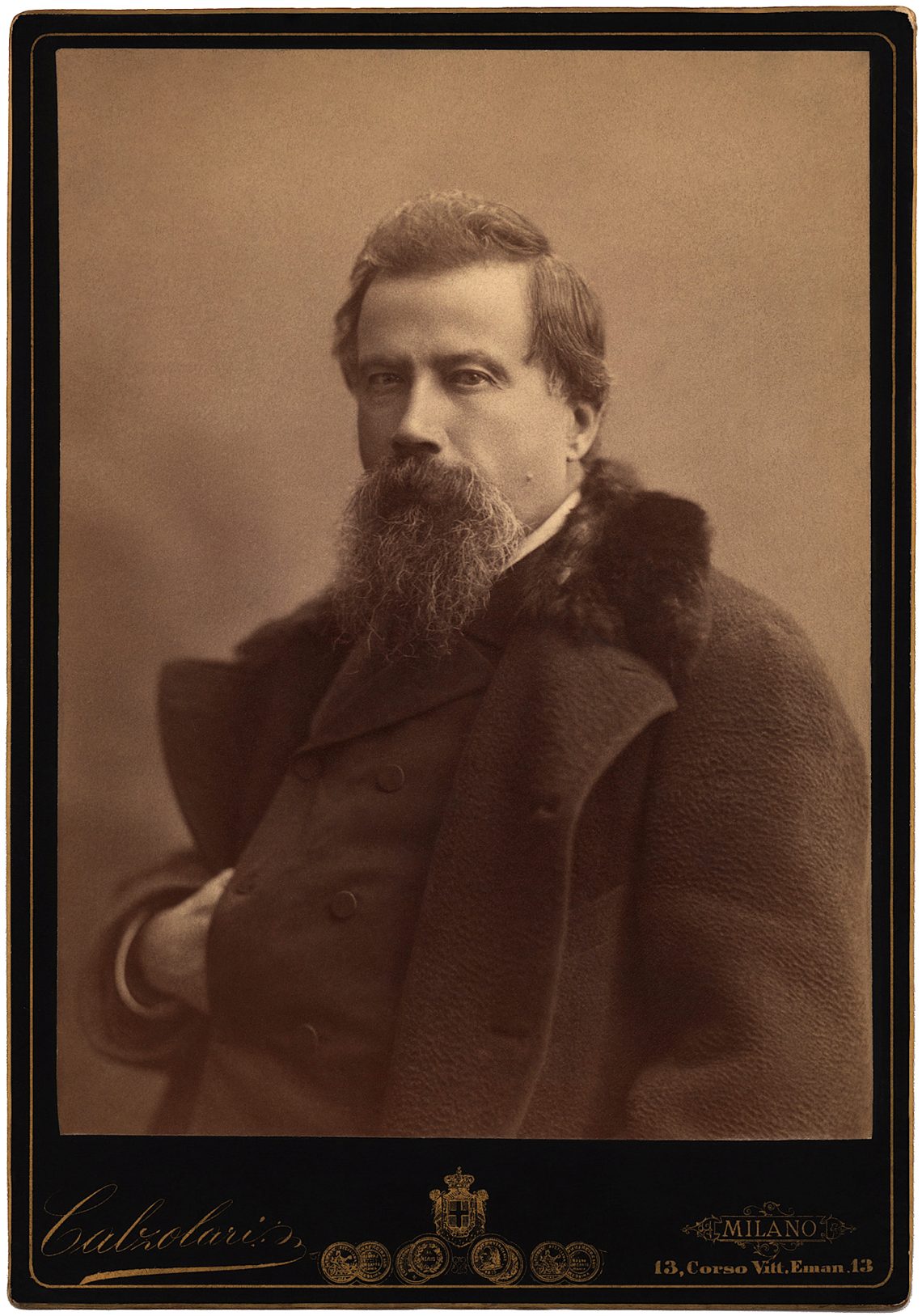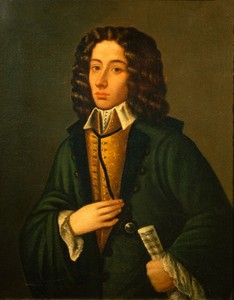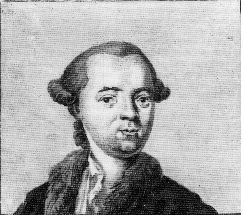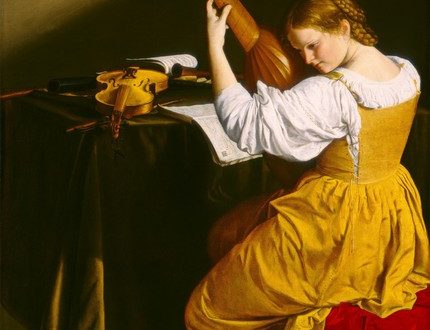
Amilcare Ponchielli |
Contents
Amilcare Ponchielli
Ponchielli. “La Gioconda”. Suicidio (M. Callas)
Ponchielli’s name has been preserved in the history of music, thanks to one opera – La Gioconda – and two students, Puccini and Mascagni, although throughout his life he knew more than one success.
Amilcare Ponchielli was born on 31 August 1834 in Paderno Fasolaro near Cremona, the village that now bears his name. The father, the owner of the shop, was a village organist and became the first teacher of his son. At the age of nine, the boy was admitted to the Milan Conservatory. Here Ponchielli studied piano, theory and composition for eleven years (with Alberto Mazzucato). Together with three other students, he wrote an operetta (1851). After graduating from the conservatory, he took on any job – organist in the church of Sant’Hilario in Cremona, bandmaster of the National Guard in Piacenza. However, he always dreamed of a career as an opera composer. Ponchielli’s first opera, The Betrothed, based on the famous novel by the greatest Italian writer of the 1872th century, Alessandro Manzoni, was staged in his native Cremona when its author had barely crossed the threshold of twenty years. In the next seven years, two more operas were premiered, but the first success came only in 1874, with a new edition of The Betrothed. In XNUMX, the Lithuanians based on the poem Konrad Wallenrod by the Polish romantic Adam Mickiewicz saw the light of day, the following year the cantata Donizetti’s Offering was performed, and a year later the Gioconda appeared, bringing the author a real triumph.
Ponchielli responded to the death of his great contemporaries with orchestral compositions: like Verdi in the Requiem, he honored the memory of Manzoni (“Funeral Elegy” and “Funeral”), later Garibaldi (“Triumphal Hymn”). In the 1880s, Ponchielli achieved wide recognition. In 1880, he held the position of professor of composition at the Milan Conservatory, a year later, the position of bandmaster of the Cathedral of Santa Maria Maggiore in Bergamo, and in 1884 received an invitation to St. Petersburg. Here he will receive an enthusiastic reception in connection with the productions of “Gioconda” and “Lithuanians” (under the name “Aldona”). In the last opera, Marion Delorme (1885), Ponchielli again, as in La Gioconda, turned to the drama of Victor Hugo, but the previous success was not repeated.
Ponchielli died on January 16, 1886 in Milan.
A. Koenigsberg
Compositions:
operas – Savoyarka (La savoiarda, 1861, tr “Concordia”, Cremona; 2nd ed. – Lina, 1877, tr “Dal Verme”, Milan), Roderich, the king is ready (Roderico, re dei Goti, 1863 , t-r “Comunale”, Piacenza), Lithuanians (I lituani, based on the poem “Konrad Wallenrod” by Mickiewicz, 1874, t-r “La Scala”, Milan; new ed. – Aldona, 1884, Mariinsky t-r, Petersburg), Gioconda (1876, La Scala shopping mall, Milan), Valencian Moors (I mori di Valenza, 1879, completed by A. Cadore, 1914, Monte Carlo), Prodigal Son (Il figliuol prodigo, 1880, t -r “La Scala”, Milan), Marion Delorme (1885, ibid.); ballets – Twins (Le due gemelle, 1873, La Scala shopping mall, Milan), Clarina (1873, Dal Verme shopping mall, Milan); cantata — K Gaetano Donizetti (1875); for orchestra – May 29 (29 Maggio, funeral march in memory of A. Manzoni, 1873), Hymn to the memory of Garibaldi (Sulla tomba di Garibaldi, 1882), etc .; spiritual music, romances, etc.





